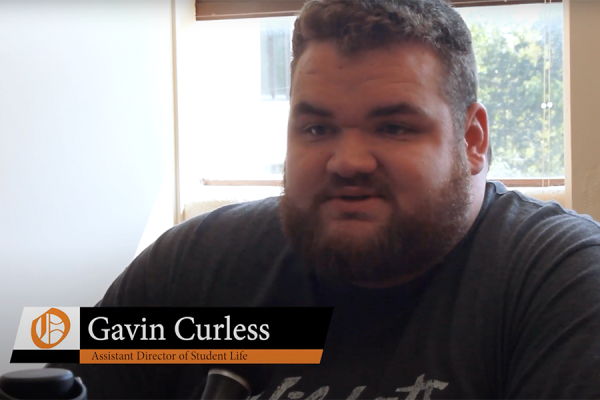Backpage.com hiding behind freedom of speech
Backpage.com is still up and running today. The photo is of its “dating” section on its site, where things like “asian massages” are offered on several different ads. Most of the ads also feature scantily clad women in suggestive poses.
Free speech is one of the essential rights we have as Americans, and lately, individuals have been justifying questionable acts in the name of free speech. Take Backpage.com, for example. It has been in hot water and has several lawsuits filed against it for allowing prostitution ads to be placed on its website.
Backpage is like Craigslist, a site where you can promote your business or skills and offer them for money. The difference is, Backpage has a section where you can also hire prostitutes or buy women and girls for sex.
Netflix recently published a documentary on its streaming service about Backpage and the lawsuits against it called I Am Jane Doe. The documentary mainly focuses on three teenagers who were sold and later found by their families on the Backpage site, and the journey of their cases against Backpage.
These young women experienced horrible acts include being kidnapped, sold and raped, and yet have still not received justice for what happened to them.
Backpage has retained that it’s not responsible for what happened because of Section 230 of the Communications Deceny Act of 1996, which basically states that websites are protected from what third parties post on its site. Due to this defense strategy, Backpage has yet to be charged for anything since it is technically protected under the law.
The problem is that this law was enacted in 1996, when the internet was still a new thing and no one knew what it would become or what it could be used for. This law is meant to protect websites, but should it apply if the website is being used for things like prostitution and child-sex trafficking?
The Trafficking Victims Protection Reauthorization Act of 2008 provides protection for victims and is supposed to prosecute anyone who “knowingly benefits, financially or by receiving anything of value from” human trafficking (18 U.S.C. 1595(a), Forbes.com).
Using this defense, as the plaintiffs have done, it would make sense for Backpage to be prosecuted as it is a for-profit website and directly benefits from these ads. Yet the courts have continuously ruled in favor of Backpage.
The only logical reason the courts would do this is because if they prosecute Backpage, then that could leave the door open for other websites who host third party content to be prosecuted as well, and would leave the meaning of Section 230 open to interpretation.
Backpage has also used the right of freedom of speech as a defense in its cases. The right to freedom of speech means that anyone can say anything, no matter how disgusting or horrible, because that is their right as American citizens. What the Bill of Rights doesn’t say, however, is that even though you can say what you want, you are also subject to the consequences of those words. And yet Backpage hasn’t had any legal consequences at all, and their site is still up and running today.
Perhaps a change in Section 230 is in order, as the internet has grown and changed from what it used to be in 1996. A change in that section of the law could help future cases like this to have a more just ending.
The right of free speech is something we should all defend and should hold people accountable for, especially when they are trying to hide unlawful acts behind it.
Despite having no success in their cases against Backpage, the girls and their families are still fighting in the hopes that something will eventually change for the better.







